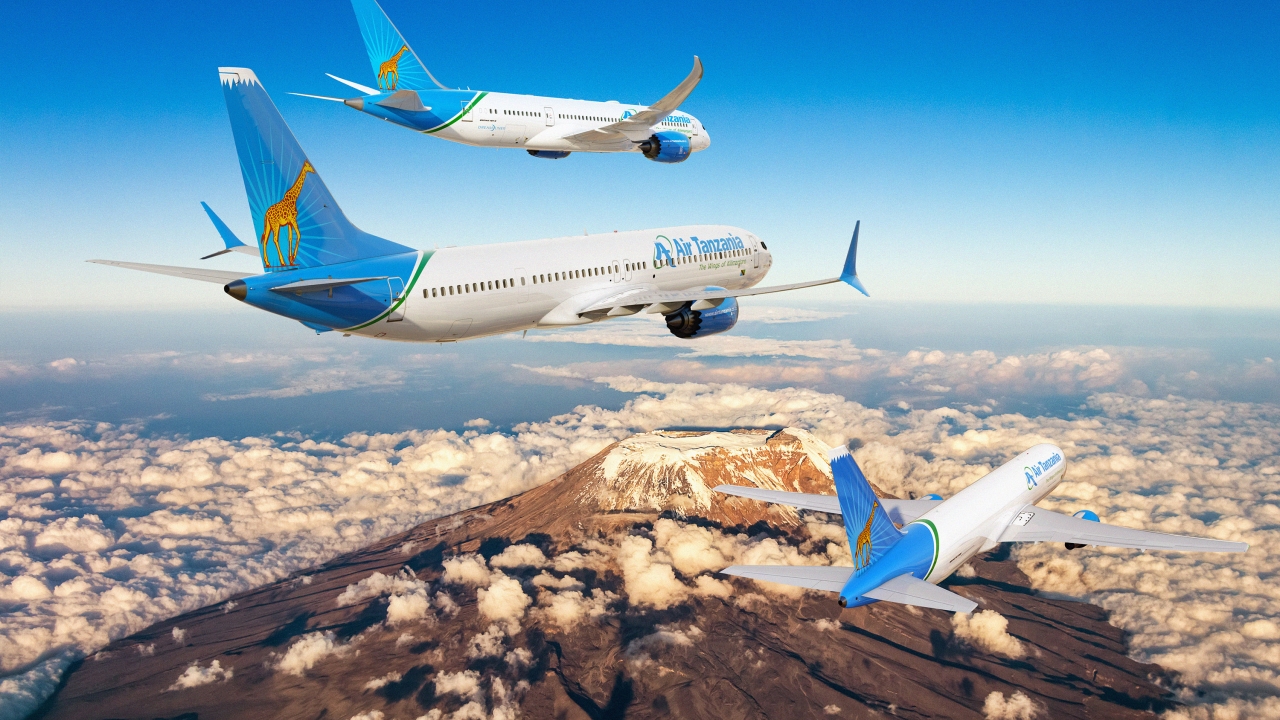The fast track to survival...
Just weeks ago, African low-cost carrier, Fastjet, was teetering on the brink of collapse. But a cash infusion and improved operational indicators are giving CEO, Nico Bezuidenhout, cause for cautious optimism. Alan Dron reports.

In late June, Tanzania-based low-cost carrier (LCC), Fastjet, warned that if it did not raise more funds, it might not survive.
Days later, however, it was able to report that it had raised $10 million from investors, having placed more than 66 million new shares worth $7 million.
Additionally, South Africa’s Solenta Aviation Holdings, Fastjet’s largest single shareholder, agreed to make a further $3 million investment in stock.
The money is expected to provide Fastjet with enough working capital for the rest of this year. Around $5 million will be used to support its operations in Mozambique and Zimbabwe, and to pay off loans, while the remainder will support its Tanzanian operations and help prepare for the launch of services in South Africa.
Fastjet has always aimed to become the first pan-African LCC, but has struggled to turn a profit. Part of the reason was its use of Airbus A319s, which had too much capacity for many routes. These have now been replaced with a mix of smaller Embraer E190s and E145s.
In addition, three ATR 72-600 turboprops were due to join the fleet as African Aerospace was going to press.
In its annual financial report, Fastjet described 2017 as a year of stabilisation and pointed to several promising statistics. Although still loss-making, it halved its net losses to $24.5 million, compared to $49.7 million in 2016.
Load factor jumped 17% to 71% – partly a result of moving to the smaller aircraft – while costs were cut by a remarkable 48% to $70.7 million and revenue per seat rose 30% to $60.9.
The reduction in costs was due to several factors – right-sizing the aircraft it used, cutting staff by 25%, moving the company’s headquarters from London to Johannesburg, and paying personnel in rand, rather than sterling, together with slimming down the number of expatriate flightcrew. Some routes “that had no viability in sight” were dropped.
Bezuidenhout also pointed to several hopeful operational factors.
“The Zimbabwe operation is settling down nicely and we’ve seen more regular cashflow and positive results month by month.” Traditionally, he said, airlines had struggled to repatriate funds from the country, but Fastjet had done so in recent months “and we hope that continues”.
The Mozambique market remained volatile and much depended on how the country’s government resolved problems at the national airline, he added.
Similarly, Tanzania was also currently a challenging place in which to operate, as the national flag-carrier absorbed large new aircraft: “Normally, Air Tanzania would use a Bombardier Q400, whereas we use an Embraer E190. However, they are using a Boeing 787 – operating a wide-bodied aircraft on a one-hour sector. Hopefully that’s just a temporary measure, just part of the process of accepting the new aircraft. It can’t be sustainable on such a short sector.”
Fastjet’s new ATR 72-600s will be deployed in Tanzania, said the CEO. Fastjet already covers most of the country’s major airports, so, if the company wants to generate more growth there, it needs to focus on shorter sectors where the ATRs’ rugged undercarriage can cope with less-than-pristine airstrips.
Tanzania has been Fastjet’s largest market, but as operations in more countries grow, the company’s dependence on Tanzania is diminishing: “Today it accounts for 55-60% of turnover; 18 months ago, that would have been 90%,” said Bezuidenhout.
The big potential prize for Fastjet is breaking into the South African market. It has agreed with a local carrier, Federal Airlines, that it can place its own aircraft on Federal’s air operator certificate (AOC) and South African services are expected to start by early 2019.
“The intent would be to get additional aircraft to place on their AOC,” said Bezuidenhout. “I wouldn’t necessarily want to say what. It would make sense to stick to Embraer aircraft, but we remain open to being convinced otherwise.”
Mark Hurst, CEO of largest shareholder, Solenta Aviation, is joining the Fastjet board and will work closely with Bezuidenhout in future. Hurst will also be responsible for Fastjet’s operations in Mozambique and Zimbabwe.
Stay up to date
Subscribe to the free Times Aerospace newsletter and receive the latest content every week. We'll never share your email address.

